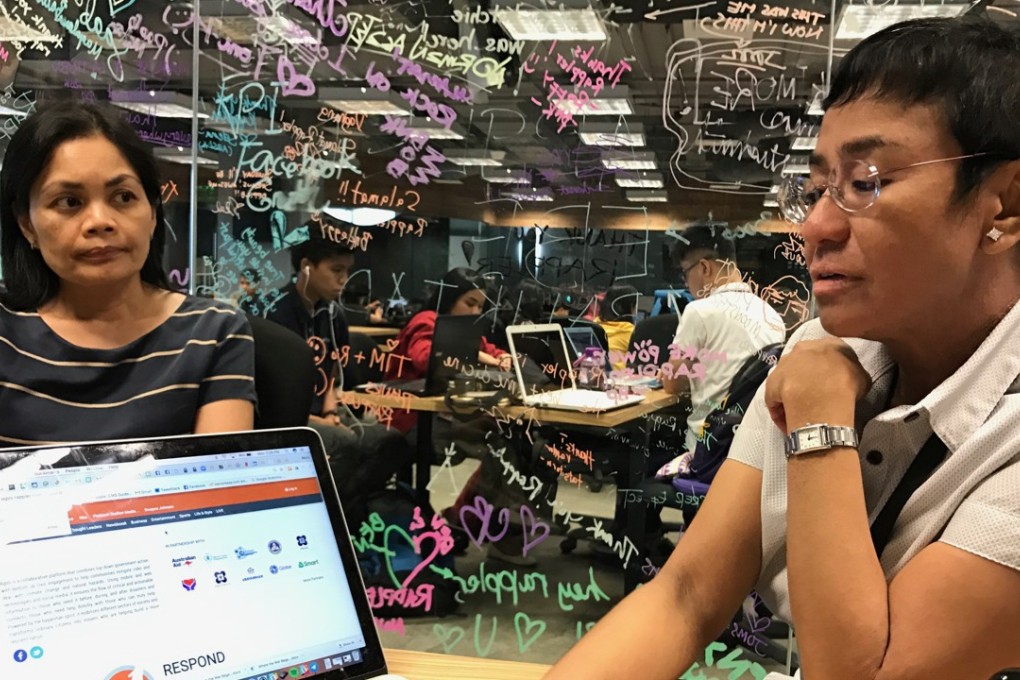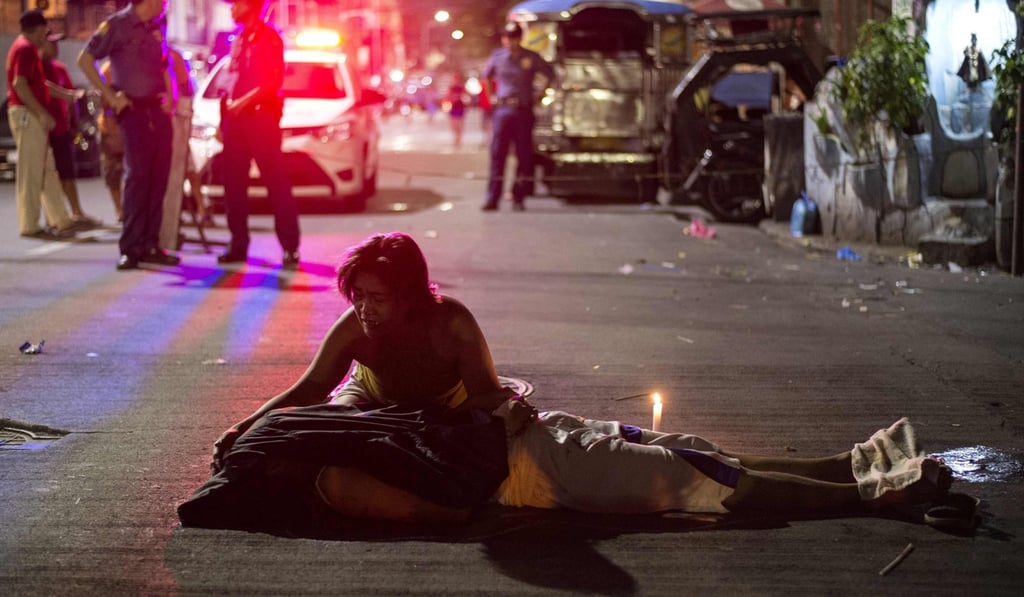Asian Angle | Malaysiakini, Rappler: attacked just when they are needed most
Malaysia is heading into an election bound to turn ugly; the Philippines continues to be rocked by extrajudicial killings in Duterte’s war on drugs. But in both countries there’s a cost to telling these stories

Two of the region’s finest news organisations are under assault, showing once again that speaking truth to power in Asia is an enterprise fraught with risk. Malaysian news site Malaysiakini has been ordered by the appellate court to pay 350,000 ringgit (US$88,400) in a libel suit brought by an Australian mining company. In the Philippines, financial regulators revoked the business licence of Rappler, claiming it violated rules against foreign ownership.
Malaysia’s High Court had dismissed the suit against Malaysiakini in 2016. The judge ruled the site had been motivated by public interest when it reported a press conference by villagers who alleged they had been poisoned by the mine’s activities. But on January 11, the Court of Appeal overturned the decision, declaring that Malaysiakini’s reporting was reckless and one-sided. Lacking the deep pockets of larger media companies, the 18-year-old site has launched an appeal for donations to pay the damages and costs.
In Philippines and Singapore, one man's fake news is another man's free speech

These moves are taking place at a time when the two countries are in desperate need of fearless, independent scrutiny of the powerful. Malaysia is heading into an election bound to be tested by money, trickery and racial and religious demagoguery. The Philippines continues to be rocked by extrajudicial killings in President Rodrigo Duterte’s merciless war on drugs. Malaysiakini and Rappler are among the most forthright and persistent local voices telling these stories.
